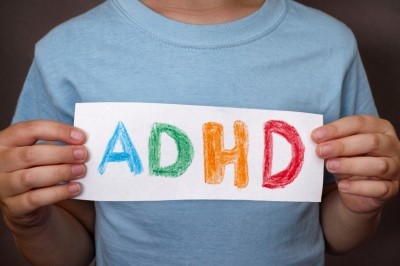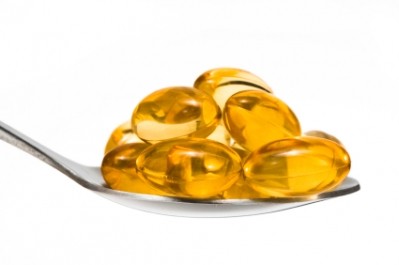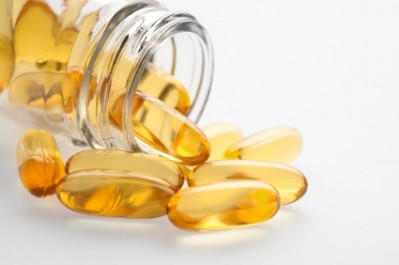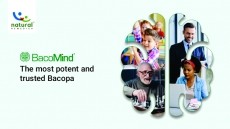Omega-3s & omega-6s show promise against ADHD: Cochrane review
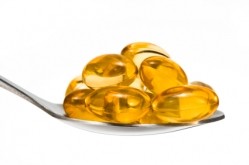
Australian scientists report that, while there is limited data to support a potential improvement in ADHD with combined omega-3 and omega-6 supplementation, the evidence is currently too limited to allow for any recommendations.
“More high-quality research is needed in this area in order to identify more conclusively the effectiveness or otherwise of [polyunsaturated fatty acids (PUFA)] supplementation in children and adolescents with ADHD,” wrote researchers led by Donna Gillies from the Western Sydney and Nepean Blue Mountains Mental Health Service in Australia.
“Future studies should use active PUFA supplements at dosages shown to significantly increase circulating PUFA and, in particular, the ratio of omega-3 to omega-6 PUFA, and use supplements for considerably longer periods than the maximum of 16 weeks identified in this review.”
Promise
Led by Commenting on the review’s conclusions, Harry Rice, PhD, VP of scientific and regulatory affairs for GOED, the omega-3 trade association, told NutraIngredients-USA: “While the review was not specific to the long-chain omega-3s, EPA and DHA, based upon my assessment of the scientific literature specific to the long-chain omega-3s and attention deficit disorder (ADD) with or without hyperactivity, there is promising, yet insufficient (at least for the time being), evidence to conclude that the long-chain omega-3s are beneficial for treating the symptoms of ADD.
“There is great heterogeneity in terms of study design, including subject characteristics, dose of omega-3s administered and study duration. As is often times the case, further research is needed (and in fact is ongoing).
“Hopefully, future research will take into account the long-chain omega-3s status of the subjects.”
Review details
Gillies and her co-workers analyzed data from 13 trials for 1,011 children and adolescents. There was a lot of variation between the studies, with five comparing omega-3 to placebo, two comparing combined omega-3/omega-6 supplements to placebo, one comparing omega-3 to another supplement, two comparing omega-6 to placebo, one compared omega-3 to omega-6, and one compared omega-6 PUFA to dexamphetamine.
“There was a significantly higher likelihood of improvement in the group receiving omega-3/6 PUFA compared to placebo,” report the researchers, with a 119% increase in likelihood of improvement.
However, there were no improvements overall for PUFA supplements and ADHD, nor were there any overall benefits for inattention scores, hyperactivity, or behavior.
“At this stage, there is insufficient evidence to conclude that PUFA supplementation is of benefit in children and adolescents with ADHD.
“As there were no identified harms associated with PUFA supplementation, there is also insufficient evidence to conclude that it is harmful to children and adolescents with ADHD.”
Source: Cochrane Database Systematic Reviews
2012 Jul 11;7:CD007986.
“Polyunsaturated fatty acids (PUFA) for attention deficit hyperactivity disorder (ADHD) in children and adolescents”
Authors: D. Gillies, J.Kh. Sinn, S.S. Lad, M.J. Leach, M.J. Ross
